Marine Fisheries Ecology
Research Lab Overview
Marine ecosystems are experiencing impacts from a changing climate, fishing, and increasing human populations on the coast. Our research is aimed at understanding the impacts of these pressures on biological communities, so marine resources can be sustainably managed. A majority of our work is developed in coordination with state or federal fisheries managers, or with stakeholders, in order to produce policy-relevant results.
We use two major approaches: 1) using existing long-term biological survey data and environmental data to model species habitat use and distribution, which can be used to understand historic trends and also to predict future impacts; and 2) conducting field-intensive investigations to collect novel data on species life history or habitat function.
Contact Information:
James W. Morley
Assistant Professor
Department of Biology
East Carolina University
Coastal Studies Institute
252-475-5454
morleyj19@ecu.edu
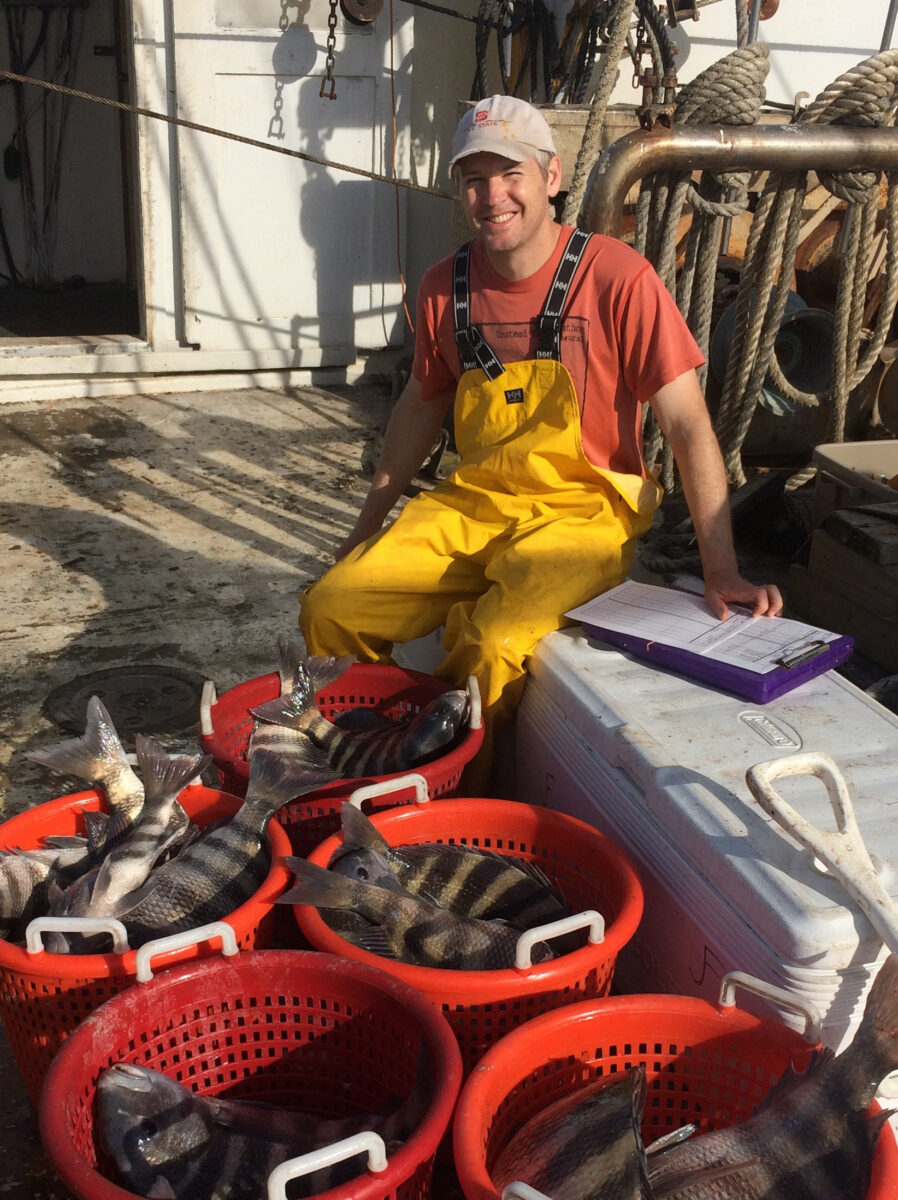
Current and Recent Research Projects
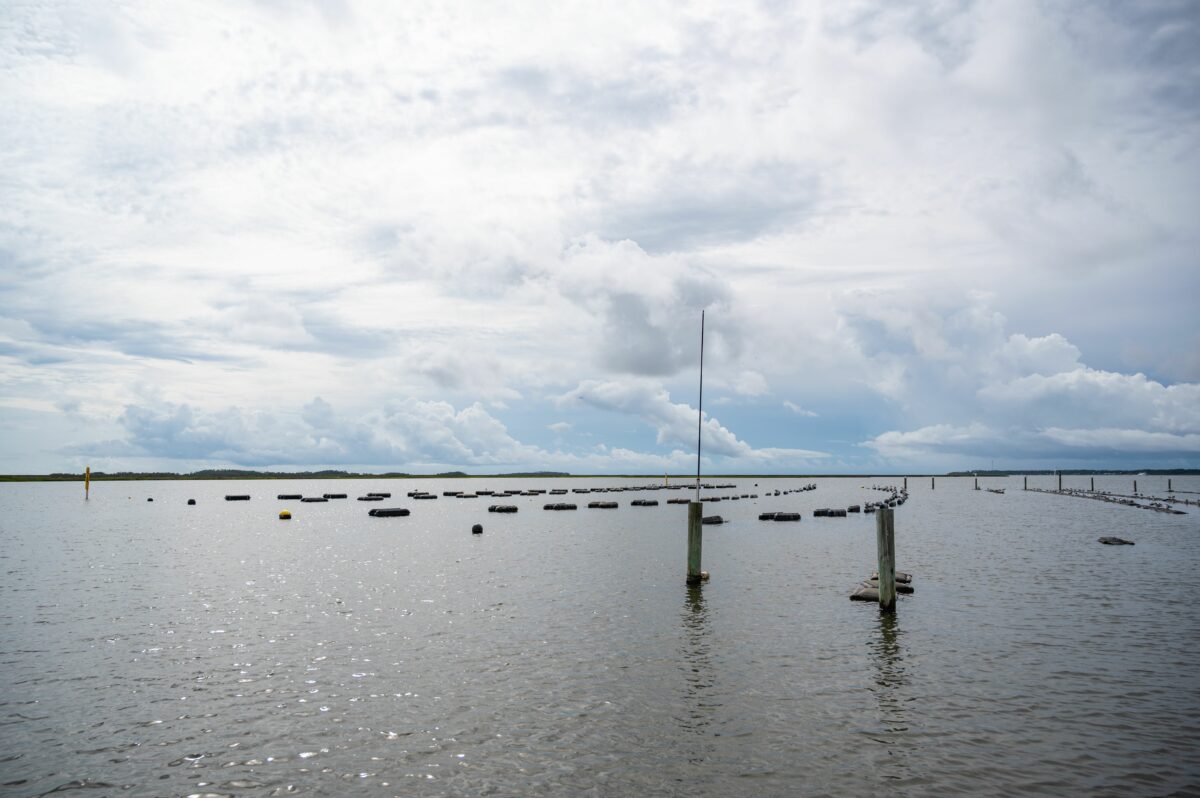
Do oyster aquaculture farms function as good fisheries habitat?
Oyster farms occur in estuaries and displace natural habitats. This industry is on the rise in the U.S. and so it is important to understand the change in habitat function when an area is leased for culturing oysters. We are examining how fish and invertebrates use oyster farms in multiple ways. Including a survey of fish abundance and species composition on oyster farms across North Carolina, and comparing them to nearby control areas. Also, we are examining fine-scale movements of fish within an estuarine landscape that includes an oyster farm, by using acoustic telemetry tags that are implanted into juvenile fish and tracked for two months.
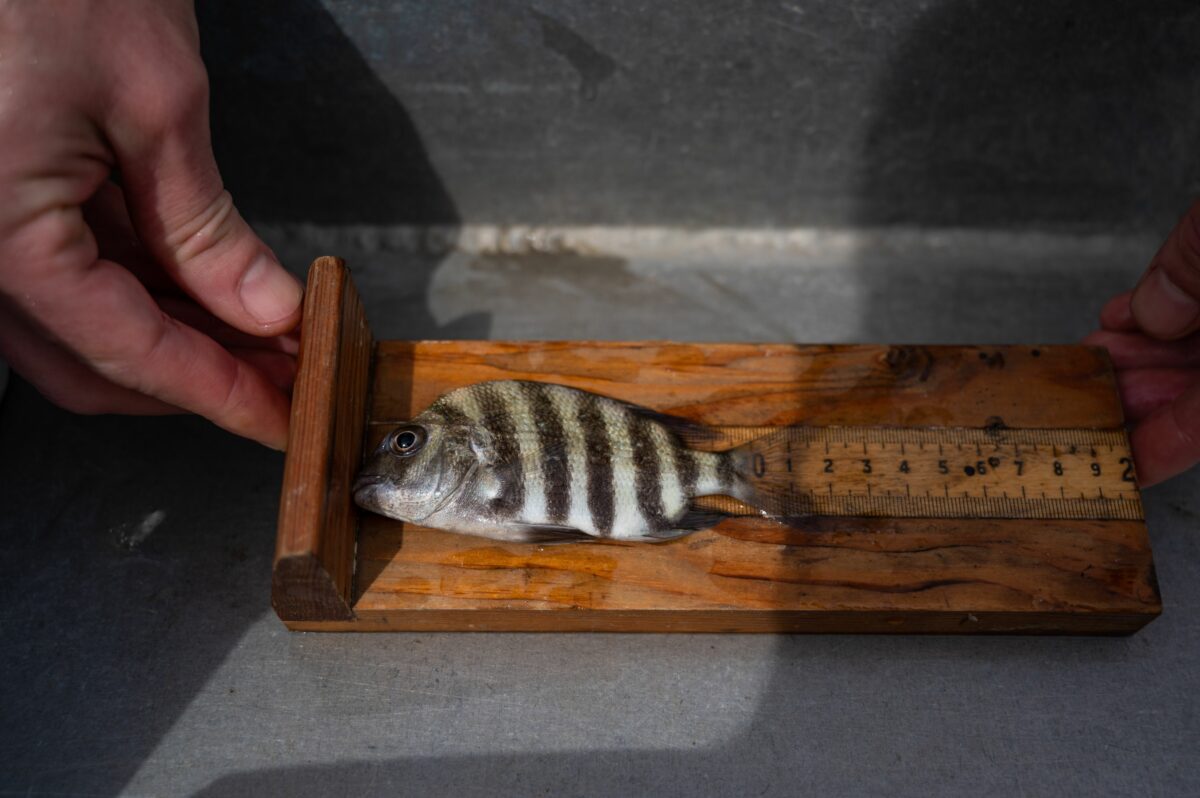
Reproductive life history of sheepshead (Archosargus probatocephalus) in North Carolina
Sheepshead are an economically important species in the southeast U.S. Little is known about the life history of this species. For instance, it is uncertain if specific life stages might be vulnerable to fisheries exploitation, or if nursery habitat availability limits population growth. For effective management, an understanding of adult spawning patterns and juvenile recruitment dynamics is critical because these factors govern population growth. This project is a field-intensive study and we are collecting novel data on where and when adult sheepshead aggregate to spawn during the spring. Also, we are sampling juvenile sheepshead to determine their timing of recruitment, habitat use, and hatch dates in multiple areas across NC. Ultimately, this will provide an understanding of the connectivity between sheepshead spawning grounds and nursery habitats.
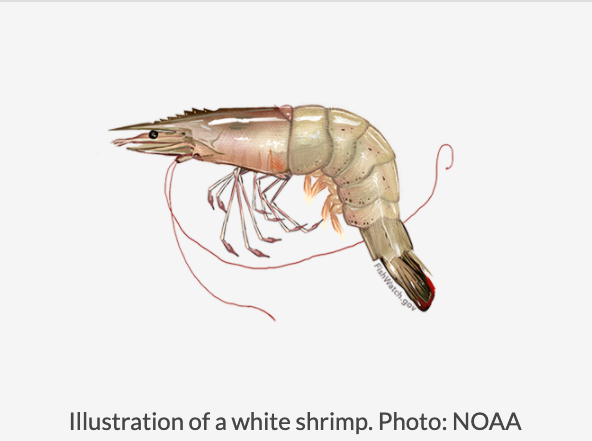
The influence of climate variability and nursery habitat quality on penaeid shrimp recruitment
Penaeid shrimp, including brown and white shrimp, are of great economic and ecological importance to North Carolina. Shrimp have a complex life history and annual abundance is highly variable. This variation is primarily due to year-to-year differences in climate and weather patterns, but there is a poor understanding of what specific factors influence shrimp recruitment. Using long term biological survey data and environmental data, we are using statistical models to elucidate the dynamics of shrimp recruitment in Pamlico Sound and other areas of NC. Predictive models will be used both to project future climate impacts on shrimp and also to develop a forecasting tool for the NC shrimp fishery.
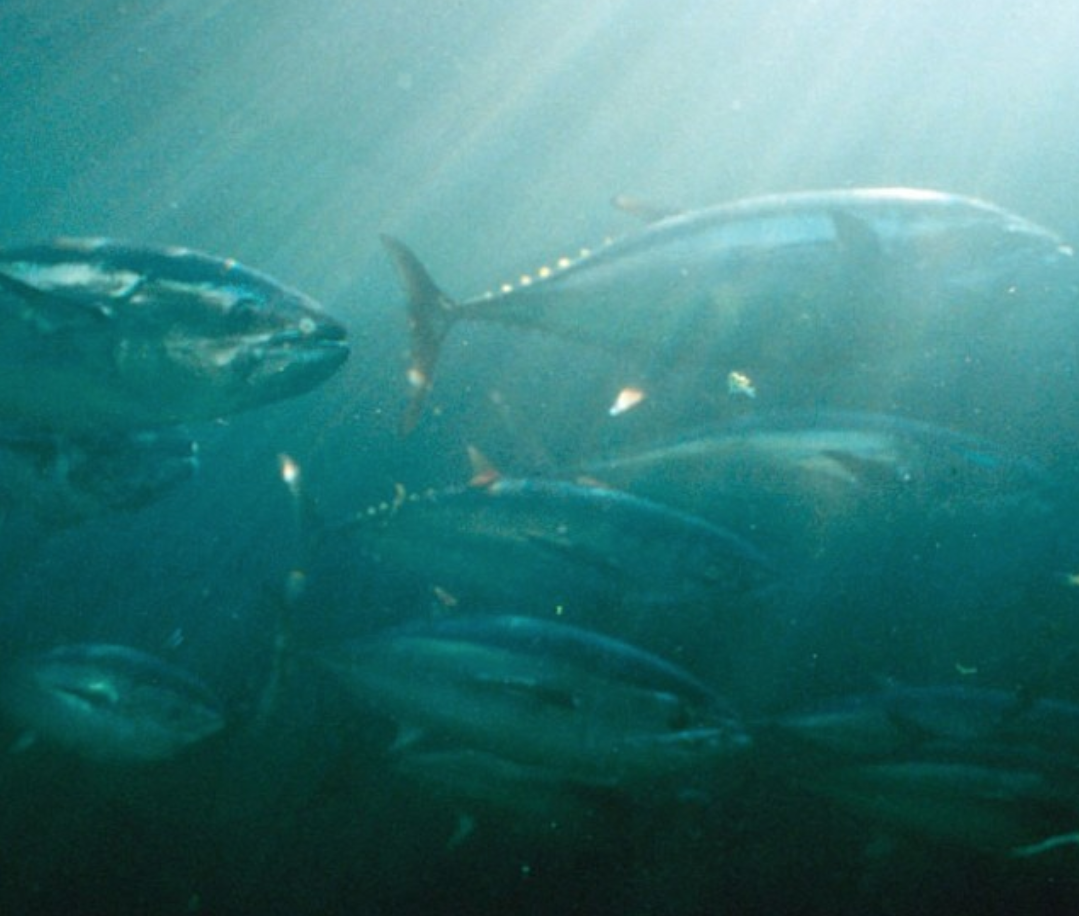
Projecting future shifts in habitat for marine species as a result of climate change
Climate change is altering the geographic distribution of suitable habitat for marine species. These shifts are challenging fisheries management, which is based on the assumption that fish stocks are static over the long term. We conduct research to help fisheries managers anticipate changes in store for the 21st century. We have refined a method to forecast the future geographic distribution of species habitat on the North American continental shelf, based on niche models that describe species’ preferred temperatures and seafloor features. Presently, we are working towards a product that will rank the climate change vulnerability of economically important fisheries in all regions of the U.S. coast.
Lab News
Integrated Coastal Programs Announces 2024-2025 Scholarship Recipients
ECU Integrated Coastal Programs (ICP) is pleased to announce five student scholar awards for the 2024-2025 academic year. Elnaz Pezeshki received the Anja Sjostrom Memorial Scholarship in Coastal Studies, an award that was established in January 2022 after the...
Prevalence of Shrimp Black Gill Disease in the Estuary
Brown (Penaues aztecus) and white (Penaeus setiferus) shrimp make up approximately 25% of total commercial landings by weight in North Carolina. But with shrimp black gill disease creeping up the Southeast Atlantic coast, is it possible that number could change in the...
Guided Tours of ECU Outer Banks Campus Start This Fall
You've likely seen our building standing alone in the marsh, but have you ever come inside? Now is your chance to explore the ECU Outer Banks Campus. Commencing October 11, tours of the ECU Outer Banks Campus, home to the Coastal Studies Institute, will be held on the...
New Event Oct. 27: From Tide to Table, an Oyster Tasting Occasion
The Coastal Studies Institute & ECU Outer Banks Campus, in partnership with the NC Coastal Federation, are excited to announce a new adult program entitled From Tide To Table: Exploring Oyster Ecology, Farming, and Culinary Delights. Join us on October 27, 2023,...
CSI Open House To Be Held June 4
Spend June 4th on Roanoke Island! Check out Dare Days in Manteo, grab some lunch in town, then come on over to the beautiful ECU Outer Banks Campus for the highly-anticipated revival of the Coastal Studies Institute’s annual Open House.After a two-year hiatus, CSI’s...
Integrated Coastal Programs Awards Three Scholarships for Coastal and Marine Sciences
ECU’s Integrated Coastal Programs (ICP) wishes to congratulate the 2022 recipients of the Mary Ferebee Howard Scholarship in Marine Studies. Each year the scholarship is awarded to at least one full-time graduate student focused on coastal and marine sciences who not...
Meet the Scientist Turns 1, Next InstallmenT Featuring Dr. Lela Schlenker Streams Nov. 18
Happy 1st Birthday, MTS! While 2020 threw us many curveballs, it also gave the CSI Education and Outreach team the chance to evaluate its current programming and the opportunity to create new content. One such program that was born from those trying times was CSI's...
Integrated Coastal Programs Celebrates Latinx Heritage Month
Known nationally as Hispanic Heritage Month, September 15- October 15 has been set aside each year to celebrate diverse Latin cultures and backgrounds, as well as the contributions of the Latinx community to American and global societies. More recently and popularly...
Updates from the Fisheries Ecology Lab
Members of Dr. Jim Morley’s Fisheries Ecology Lab have been hard at work this summer spending much of their time in the field at oyster leases in the Pamlico Sound. While one ECU student was busy listening to the soundscapes of oyster leases, another conducted...
CSI Summer Camps See Successful Return
After a hiatus in 2020, the CSI summer camps were back and better than ever this summer! Each of the four sessions offered was quick to fill with 12-13 campers from all over the US. About one-third of the students attending each week were from the Outer Banks, while...
Related Research Focus Areas
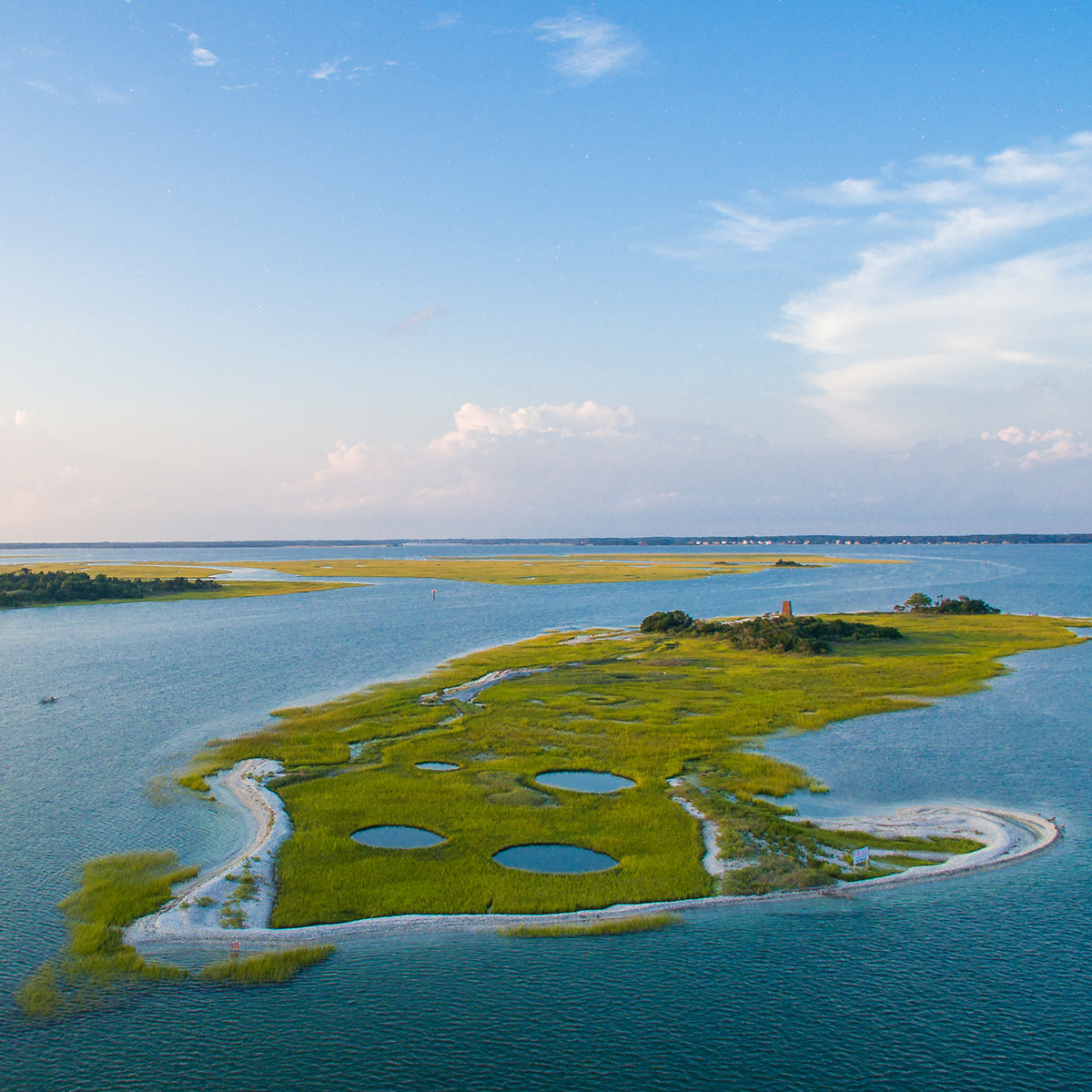
Marine
&
Coastal Ecosystems
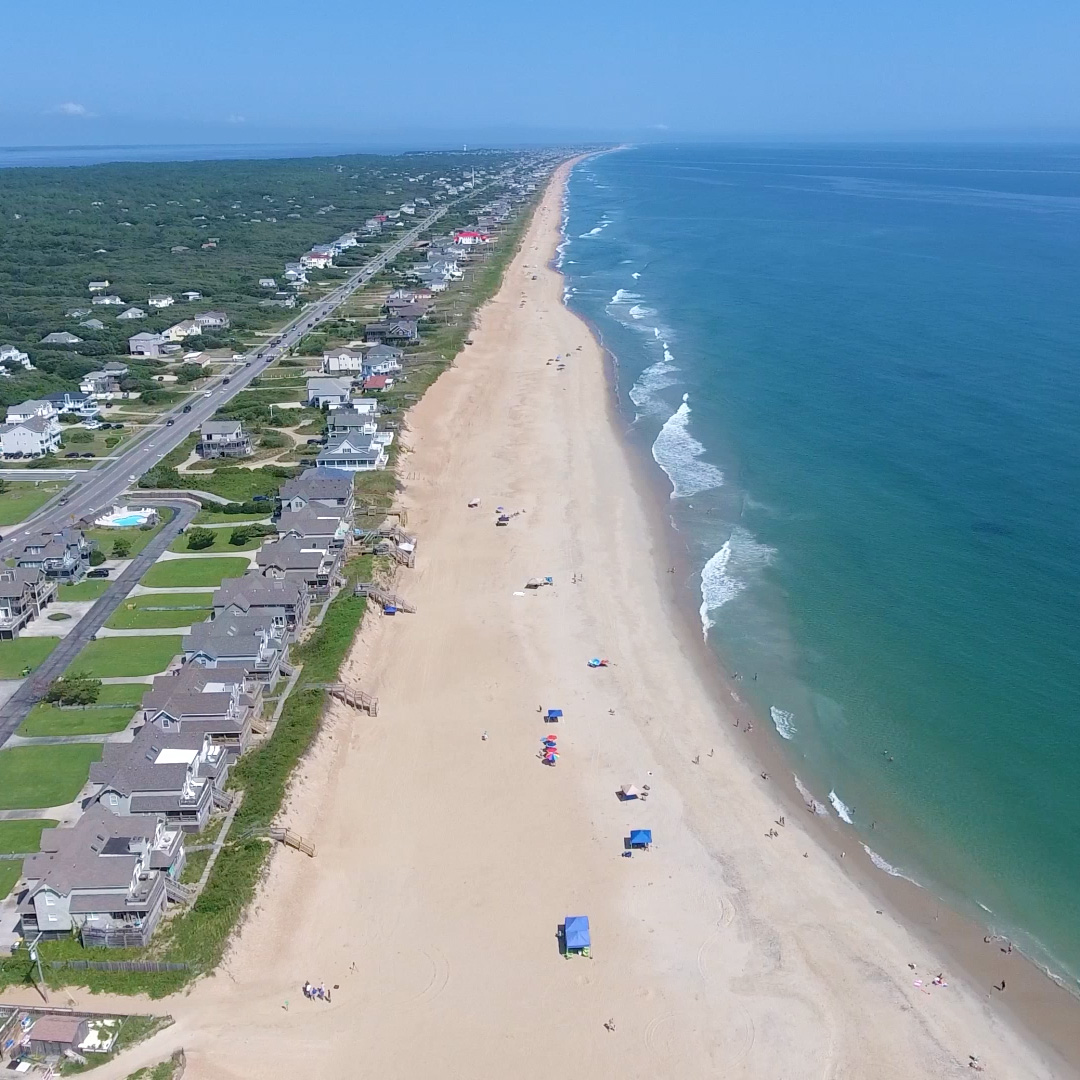
Coasts
&
People
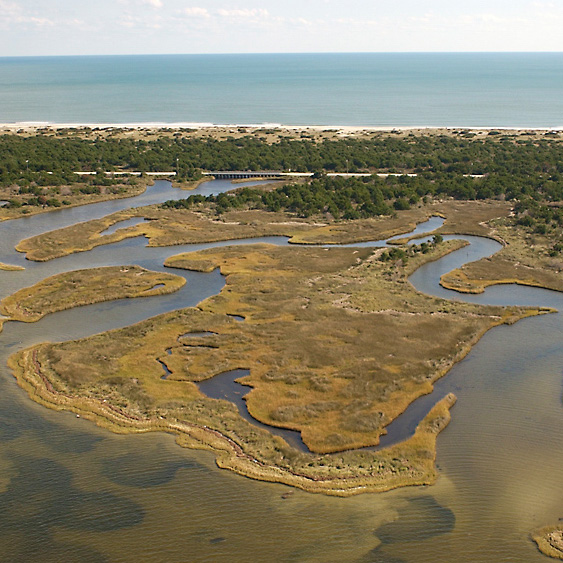

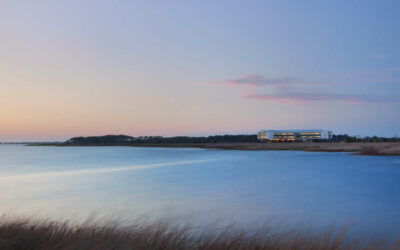
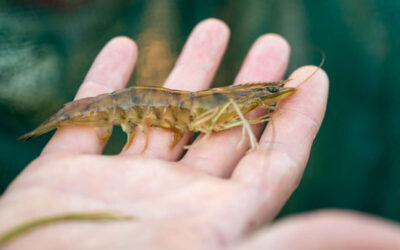

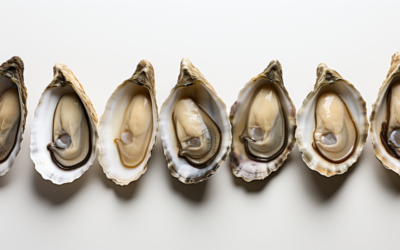

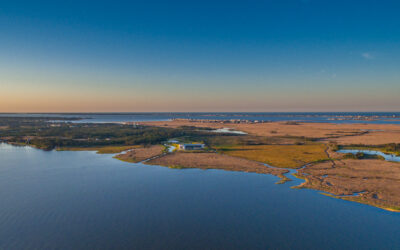
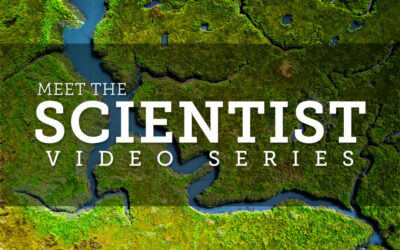

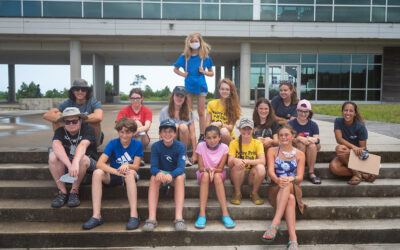

 Based at the Coastal Studies Institute (CSI), the North Carolina Renewable Ocean Energy Program (NCROEP) advances inter-disciplinary marine energy solutions across UNC System partner colleges of engineering at NC State University, UNC Charlotte, and NC A&T University. Click on the links below for more information.
Based at the Coastal Studies Institute (CSI), the North Carolina Renewable Ocean Energy Program (NCROEP) advances inter-disciplinary marine energy solutions across UNC System partner colleges of engineering at NC State University, UNC Charlotte, and NC A&T University. Click on the links below for more information. ECU's Integrated Coastal Programs (ECU ICP) is a leader in coastal and marine research, education, and engagement. ECU ICP includes the Coastal Studies Institute, ECU's Department of Coastal Studies, and ECU Diving and Water Safety.
ECU's Integrated Coastal Programs (ECU ICP) is a leader in coastal and marine research, education, and engagement. ECU ICP includes the Coastal Studies Institute, ECU's Department of Coastal Studies, and ECU Diving and Water Safety. The ECU Outer Banks campus is home to the Coastal Studies Institute.
The ECU Outer Banks campus is home to the Coastal Studies Institute.

